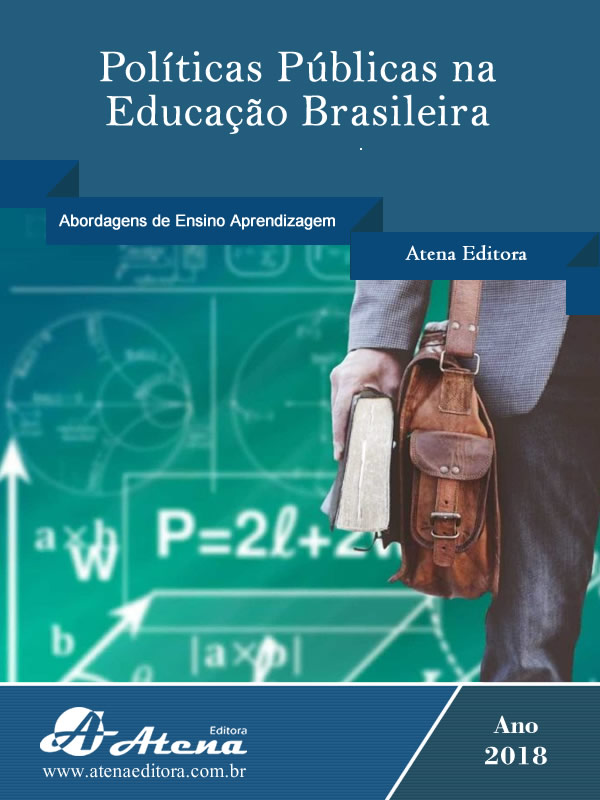
A USABILIDADE DA PLATAFORMA ARDUINO NA ÁREA DIDÁTICA COMO ENSINO E APRENDIZAGEM: UM ESTUDO DE CASO EM UMA INSTITUIÇÃO DE ENSINO SUPERIOR EM SALVADOR/BA
O presente artigo tem por objetivo aplicar a essência da usabilidade da
Plataforma Arduino no ensino e aprendizagem, bem como evidenciar a sua
interdisciplinaridade. A plataforma é apresentada como base de sustentação para
diversas ideias, fruto da criatividade e liberdade que ela impõe. Por ser um meio de
baixo custo e possuir uma comunidade imensa e aberta (Open Source), o Arduino é
apresentado aos professores e alunos, como uma possibilidade de criar um
ambiente didático proveitoso, por ser uma tecnologia tangível. Para atingir o objetivo
proposto, foram desenvolvidos questionários com a finalidade de avaliar o
conhecimento dos alunos com o contato com a Plataforma Arduino. O questionário
foi aplicado a 20 alunos, do 2º semestre, da disciplina Lógica de Programação, do
curso de Gestão de Tecnologia da Informação de uma Instituição de Ensino Superior
– IES, localizada em Salvador/BA, os questionários foram aplicados antes e depois
de uma explanação sobre a plataforma a fim de identificar a usabilidade do mesmo
e poder analisar se houve um melhor desempenho estudantil após essa explanação.
Os dados obtidos após a aplicação do instrumento de pesquisa, foram tratados
através de uma análise quantitativa. Assim, chegou-se à conclusão que o uso das
tecnologias em sala de aula, podem propiciar ao estudante uma nova forma de
pensar e enxergar o mundo, despertando a curiosidade e abrindo novos horizontes.
A USABILIDADE DA PLATAFORMA ARDUINO NA ÁREA DIDÁTICA COMO ENSINO E APRENDIZAGEM: UM ESTUDO DE CASO EM UMA INSTITUIÇÃO DE ENSINO SUPERIOR EM SALVADOR/BA
-
DOI: Atena
-
Palavras-chave: Arduino; Interdisciplinaridade; Programação; Educação; Prototipação.
-
Keywords: Arduino; Interdisciplinarity; Programming; Education; Prototyping.
-
Abstract:
This article aims to apply the essence of the usability of the Arduino
Platform in teaching and learning, as well as to demonstrate its interdisciplinarity.
The platform is presented as a base of support for diverse ideas, fruit of the creativity
and freedom that it imposes. Because it is a low-cost medium and has an open and
open community, Arduino is presented to teachers and students as a possibility to
create a useful learning environment, because it is a tangible technology. In order to
reach the proposed objective, questionnaires were developed with the purpose of
evaluating students' knowledge through contact with the Arduino Platform. The
questionnaire was applied to 20 students from the 2nd semester of the discipline
Logic of Programming, from the Information Technology Management course of a
Higher Education Institution (IES), located in Salvador / BA, the questionnaires were
applied before and after a on the platform in order to identify the usability of the
platform and to be able to analyze if there was a better student performance after
this explanation. The data obtained after the application of the research instrument
were treated through a quantitative analysis. Thus, it was concluded that the use of
technologies in the classroom can provide the student with a new way of thinking and
seeing the world, arousing curiosity and opening new horizons.
-
Número de páginas: 15
- Eber da Silva de Santana


